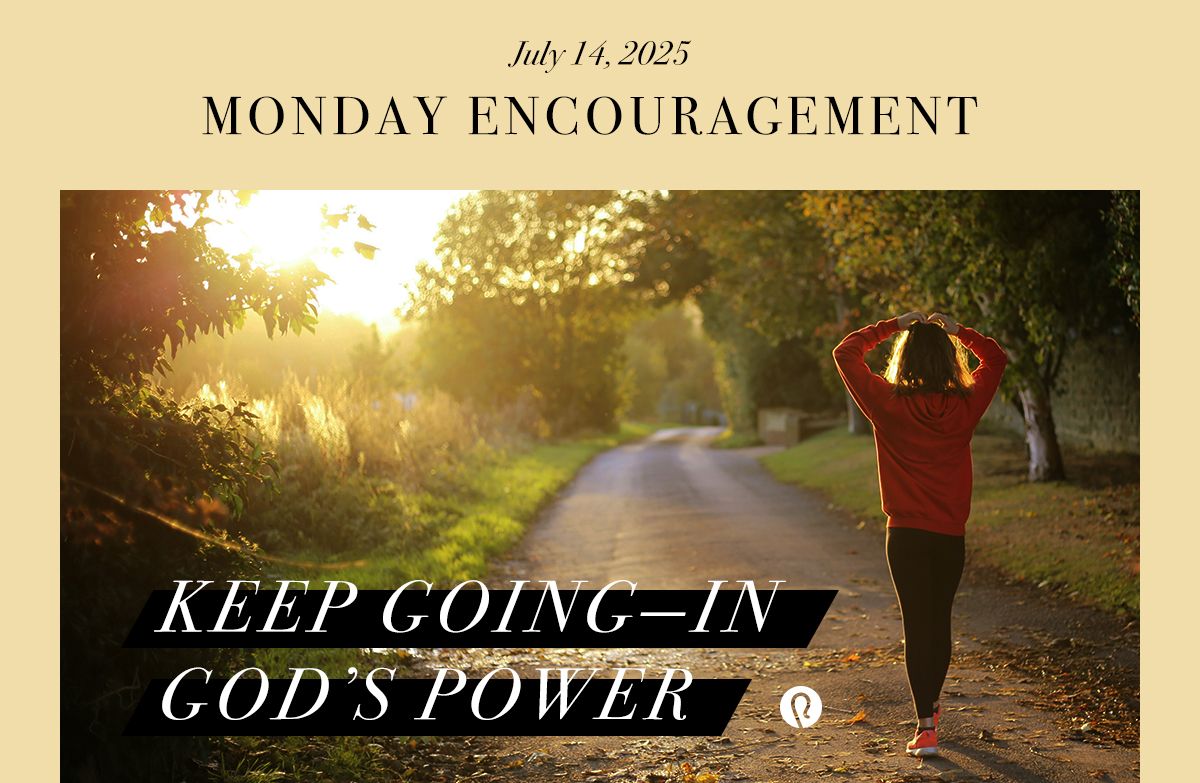FellowshipPreaching/TeachingLeadershipCelebrate RecoveryDiscipleshipSmall GroupsEvangelismWorshipMinistry
The Evangelistic Power of Worship As a Witness

I'm often asked, "How can a service be both a worship service and place for seekers to experience Jesus?"
At Saddleback we believe you can have both without compromising either.
When we speak of worship, we are talking about something only believers can do. Worship is from believers to God. We magnify God’s name in worship by expressing our love and commitment to him. Unbelievers simply cannot do this.
Here is the simple definition of worship that we operate on at Saddleback:
"Worship is expressing our love to God for who he is, what he’s said, and what he’s doing."
We believe there are many appropriate ways to express our love to God: by praying, singing, obeying, trusting, giving, testifying, listening, and responding to his Word, thanking, and many other expressions.
God - not man - is the focus and center of our worship.
God is the consumer of worship
Although unbelievers cannot truly worship, they can watch believers worship. They can observe the joy that we feel. They can see how we value God’s Word and how we respond to it. They can hear how the Bible answers the problems and questions of life. They can notice how worship encourages, strengthens, and changes us. They can sense when God is supernaturally moving in a service, although they won’t be able to explain it.
When unbelievers watch genuine worship, it becomes a powerful witness. In Acts 2 - on the day of Pentecost - God’s presence was so evident in the disciples’ worship service that it attracted the attention of unbelievers throughout the entire city!
Acts 2:6 says, "... a crowd came together.” We know it was a big crowd because 3,000 people were saved that day.
Why were those 3,000 people converted? Because they felt God’s presence and they understood the message.
I believe both of these elements are essential for worship to be a witness.
God’s presence must be sensed in the service. More people are won to Christ by feeling God’s presence than by all of our apologetic arguments combined.
Few people, if any, are converted to Christ on purely intellectual grounds. It is the sense of God’s presence that melts hearts and explodes mental barriers. Worship without this yields few evangelistic results.
I believe there is an intimate connection between worship and evangelism.
In the first place, the goal of evangelism is to produces worshipers of God. The Bible tells us that "the Father seeks worshipers” (John 4:23). When we recruit worshipers, that’s called evangelism.
On the other hand, worship provides the motivation for evangelism. It produces a desire in us to tell others about Christ. The result of Isaiah’s powerful worship experience (Isaiah 6:1-8) was Isaiah saying, "Here am I, send me!” True worship causes us to witness.
In genuine worship God’s presence is felt, God’s pardon is offered, God’s purposes are revealed, and God’s power is displayed. That sounds to me like an ideal context for evangelism! I’ve noticed that when unbelievers watch believers relate to God in an intelligent, sincere manner it creates a desire to know God, too.
Worship with sensitivity
We must be willing to adjust our worship practices when unbelievers are present. God tells us to be sensitive to the hang-ups of unbelievers in our services! Being sensitive to the seekers present in our worship is a biblical command. I didn’t think up this concept; Paul did!
Making worship understandable
Making a service “comfortable” for the unchurched doesn’t mean changing your theology. It means changing the environment of the service - such as changing the way you greet visitors, the style of music you use, the Bible translation you preach from, and the kind of announcements you make in the service.
The message is not always comfortable. In fact, sometimes God’s truth is very uncomfortable! Still we must teach “the whole counsel of God.” Being sensitive to seekers in attendance does not limit what you say but it will affect how you say it.
We must make both the worship and the message understandable.
At Pentecost, the Holy Spirit miraculously translated the message into words each person understood. The crowd of unbelievers said, “We hear them telling in our own languages about the great things God has done!” Acts 2:11 (NCV)
This caused them to be converted. Even though God’s presence was evident in the service, they wouldn’t have known what to do if they hadn’t been able to understand the message.
The unchurched are not asking for a watered-down message. The unchurched expect to hear the Bible when they come to church. They just want to hear how it relates to their lives. They can handle a clear, biblical message when it is delivered in terms they understand and in a tone that shows you respect and care about them. They are looking for solutions, not a scolding.
A clear message coupled with genuine worship will not only attract unbelievers, it will open their hearts to the power of the gospel. As they feel God’s presence and understand the message they will walk away changed.







